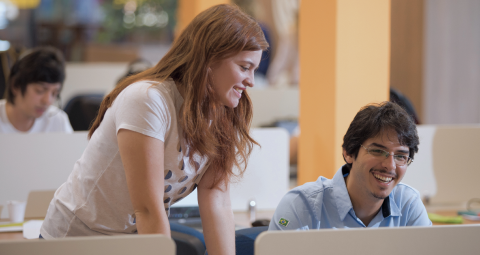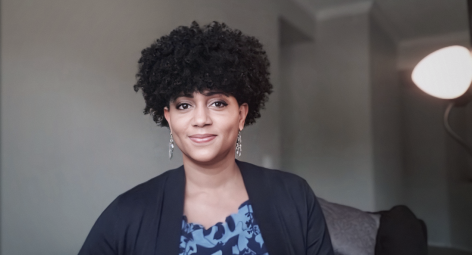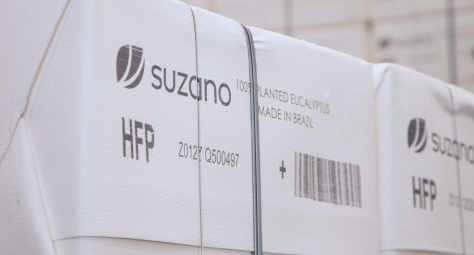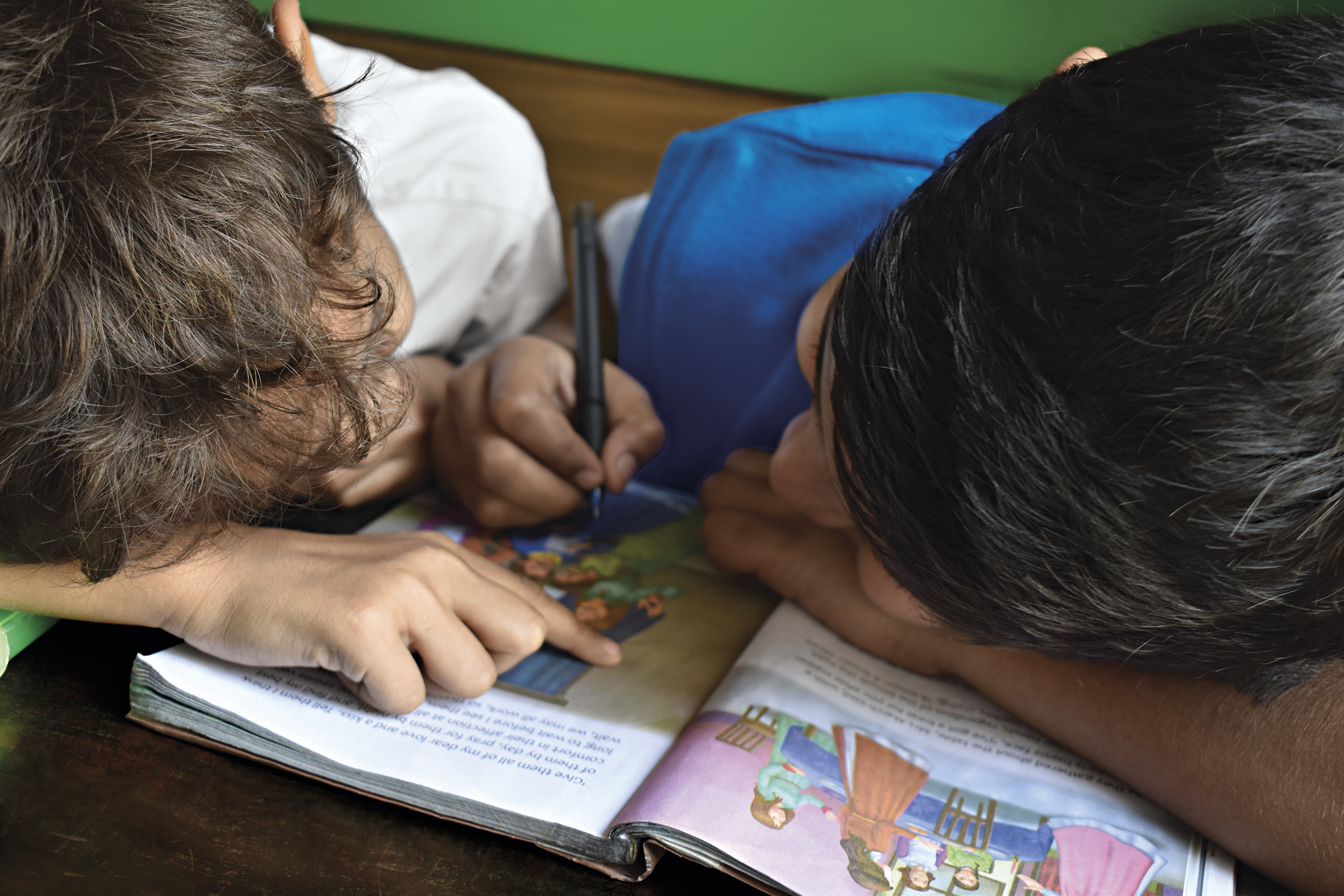sobre o que você deseja falar?


perguntas, sugestões ou problemas técnicos envolvendo a plataforma

informações sobre a empresa


Commitments to Renewing Life
For people
49 %
According to the 2024 Synthesis of Social Indicators¹, released by the Brazilian Institute of Geography and Statistics (IBGE for its Portuguese acronym), Brazil has reached the lowest poverty level in the historical series that began in 2012. However, despite this significant advance in tackling poverty, the country still has around 59 million people living in poverty, which represents almost a third of the national population.
In this sense, Suzano believes that it has a vital role to play not only in supporting economic development but also in promoting social transformation in the more than 200 municipalities in which it operates. That is why, together with civil society organizations and other players in these locations, we create income generation programs and seek to influence public processes and policies, strengthening sustainable local businesses that are part of the culture of each region.
We used the global reference of monetary poverty adopted by the World Bank and ratified by the IBGE, of 6.85 dollars per day or 637 reais per month of family income per capita (2023)². The calculation uses the average monthly income, understood as the total income of the household's residents from work and other sources of income generation, divided by the number of residents.
The commitment focuses on broadening the scope of our income generation programs to lift people out of poverty, considering the levels of socio-economic vulnerability in each region.
Suzano's social investment is a strategic instrument for generating value, both for the business and for its value chain and for neighboring communities in the regions where the company operates, guaranteeing engagement with stakeholders.
The focus is on solutions directly impacting poverty reduction, guided by its multidimensionality - which affects income, health, and education - and which can be replicated and expanded in different municipalities. The projects fall within six programmatic lines³ that cover regional characteristics and their socio-economic vocations:
Lifting 200,000 people out of poverty by 2030
By 2024, the joint efforts of Suzano, its partners, and its value chain will have made significant progress in the commitment to reducing poverty. We were able to help lift 45,459 people out of poverty, double the number from the previous year, bringing the total to 97,342 people lifted out of poverty between 2020 and 2024.
Over the year, more than 28.6 million reais were invested in the Commitment, taking into account investments of our resources directly in the initiatives' projects, processes, and implementers. In total, we supported around 62 projects by civil society organizations, benefiting more than 158,000 people in 8 Brazilian states, 65.5% of whom declared themselves to be women and 70% black or brown. In addition, the year was marked by significant partnerships, attracting more than 32 million reais for co-investment in income generation projects until 2027, with new partners such as AMBEV, the Partners for the Amazon Platform (PPA), the United States Agency for International Development (USAID), the National Industrial Learning Service (SENAI for its Portuguese acronym), VLI Multimodal S.A., CATI (São Paulo Coordination of Integral Technical Assistance), CIRAD (French Organization for Agronomic Research and International Cooperation), Arapyaú Institute, Banco do Brasil Foundation (FBB), Gerando Falcões, among others.
As a result of the investment cycle that began in 2022, Suzano was able to significantly increase the number of people benefiting from income generation projects and the number of people lifted out of poverty by 2024. Investments were made in projects lasting 2 to 3 years, which enabled significant progress. The company increased its annual contribution (between 2020 and 2024) by 58.8%. However, the growth in the number of beneficiaries rose by 548%. These results are due to the increased co-investments and the scale of the significant projects. The thematic diversity and size of the initiatives also contributed to this turnaround and increase in the scale of the impact in 2024. Learn more about "Private Social Investment Management" and "Suzano's Social Programs".
We also expanded productive inclusion and the commercialization of products and services in local and regional markets (urban and rural), as well as making progress in our Employability Projects at Suzano's operations and in its value chain in the states of São Paulo, Maranhão, Bahia, Espírito Santo and Mato Grosso do Sul, which enabled the removal of 4,496 people from the poverty line by boosting the hiring of own and third-party people in vulnerable situations in the regions where the company operates.
It is also essential to share the consolidation of crucial advances in analyzing and selecting projects, ensuring greater alignment with our strategic objectives and social impact. We used a structured set of criteria that brought greater clarity and objectivity to prioritizing our social investment. Through these criteria, we were able to evaluate
| 2020 | 2021 | 2022 | 2023 | 2024 | Cumulative Total | |
|---|---|---|---|---|---|---|
| overall number | overall number | overall number | overall number | overall number | overall number | |
|
Number of people lifted out of poverty line |
2,285 |
9,007 |
18,341 |
22,250 |
45,459 |
97,342 |
We will continue to invest in projects that consider regional characteristics and socio-economic vocations in the different areas of application of the Commitment. We believe in the potential of our partnerships, and in 2025, we will seek new connections to expand the scale and scope of our actions, further expanding the company's impact on this agenda.
Although many of the results expected for 2025 were anticipated in 2024, which will require a review of the impact commitments made by the projects, even so, the total number of people leaving poverty at the end of the year will represent constant growth toward achieving the expected results.
From a tactical point of view, we are focused on renewing projects that ended in 2024 or will end in the first half of 2025 and that have demonstrated the methodological, technical, management, and resource mobilization capacity to remain in our portfolio. In addition, we will expand our portfolio and our expectations of results in strategic areas that have not achieved numerically significant results, such as Inclusive Recycling and Sustainable harvesting.
We will continue to implement internal initiatives to increase the inclusion of the social component in direct and indirect hiring in our operations. In this way, we will strengthen our potential to contribute to poverty reduction and promote diversity and the inclusion of people in regions with high levels of socio-economic vulnerability.

Increase the Basic Education Development Index (IDEB) by 40% in all priority municipalities by 2030.


Achieve 30% women in leadership positions; achieve 30% Black People in leadership positions; ensure a 100% inclusive environment...